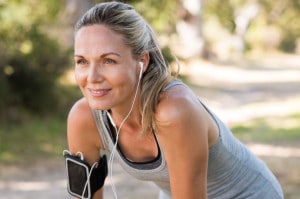 Thinking about LASIK surgery? LASIK is one of the safest elective surgical procedures available today. Millions of Americans have had LASIK eye surgery to correct their vision since it was introduced more than two decades ago.
Thinking about LASIK surgery? LASIK is one of the safest elective surgical procedures available today. Millions of Americans have had LASIK eye surgery to correct their vision since it was introduced more than two decades ago.
Wouldn’t it be nice to never have to worry about glasses or contacts again? With the LASIK procedure, you get to wake up every day with clear vision. Being active and traveling is much easier, too. After you get LASIK, you will not have to worry about bringing your glasses with you on trips or to remember to bring solution for your contacts.
Even if you weren’t a candidate for vision correction via LASIK before, you may be now. With our latest technology, we can correct astigmatism, nearsightedness, and farsightedness. The best way to find out if you are a candidate is to visit one of our centers to receive a free LASIK consultation. Make an appointment by calling us at (801) 476-0494. Your eyes will not be dilated at the time of your consultation, and you’re free to wear glasses or contact lenses. A LASIK consultant will perform a series of scans to gather information to determine if you are a candidate for the surgery.
Think LASIK is too expensive? Get the facts. LASIK is more affordable than many people think, and we have a variety of payment and financing options. At Utah Eye Centers, we use the latest in vision correction technology that makes the LASIK procedure safer than ever before and helps us to better measure unique imperfections in a person’s vision and design an individualized treatment.
Through our Customized Wavefront-guided LASIK technology, your eyes are individually mapped, “fingerprinted,” and your specific eye imperfections are identified. The information is then taken to our VISX laser, which precisely treats your individual prescription. Our surgeons can obtain measurements 25 times more precise than the standard LASIK measurement method!
At Utah Eye Centers, we offer a wide range of vision care services for adults and children. Learn more about us on our website: http://www.utaheyecenters.com/

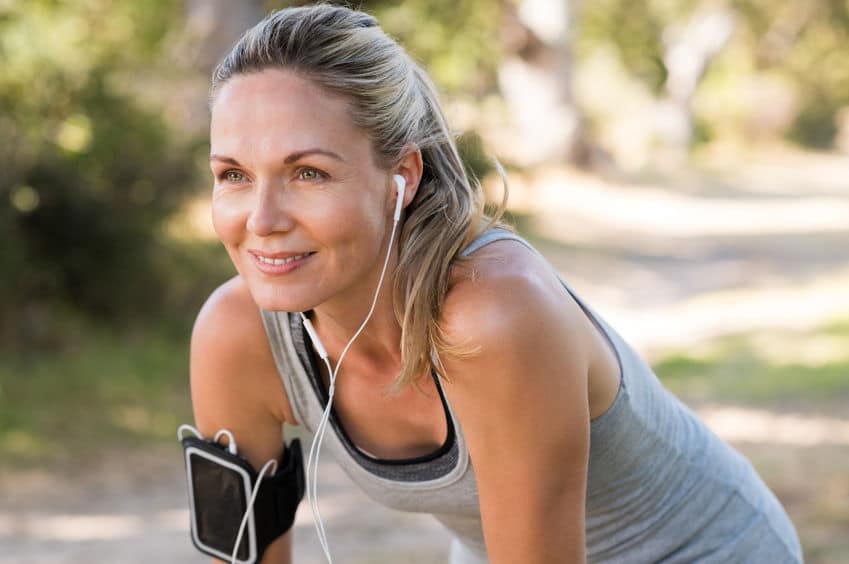
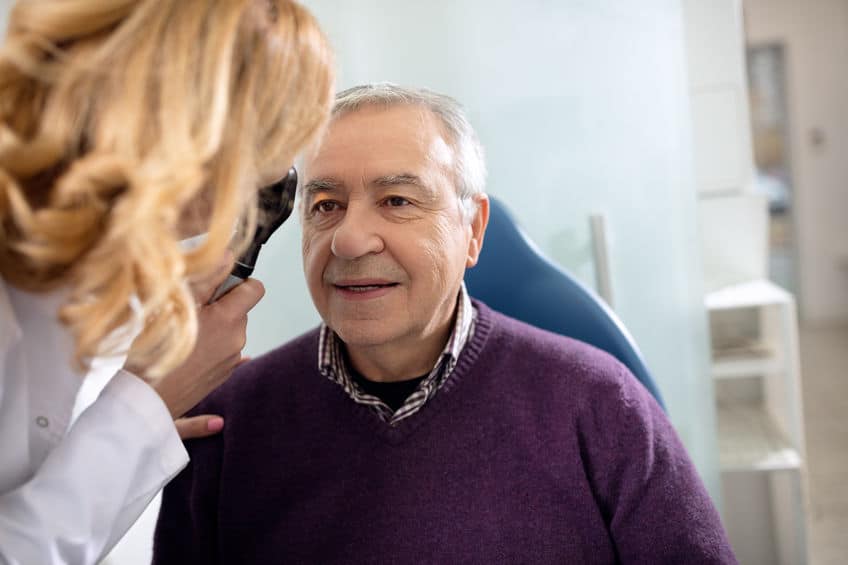
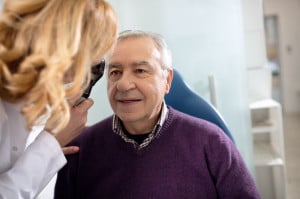 Did you know that glaucoma is the second leading cause of blindness in the world, according to the World Health Organization? It’s true.
Did you know that glaucoma is the second leading cause of blindness in the world, according to the World Health Organization? It’s true.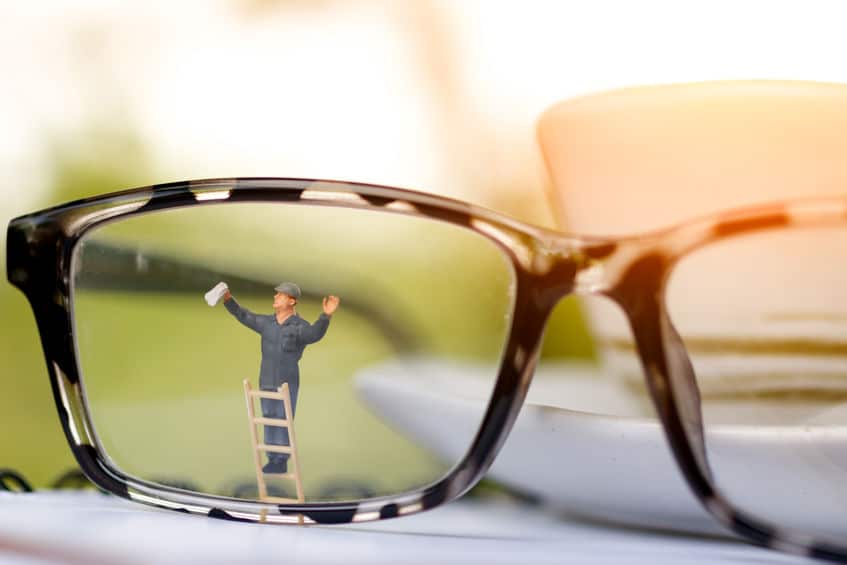
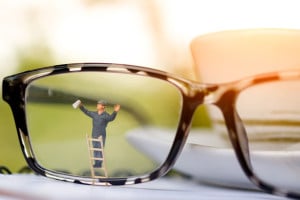 Ever have a smudge on your lenses that just won’t wipe away? Sometimes it seems the more you try to remove the smudge, the worse it gets. Fingerprints, dust, rain — whatever it is, it will impair your vision.
Ever have a smudge on your lenses that just won’t wipe away? Sometimes it seems the more you try to remove the smudge, the worse it gets. Fingerprints, dust, rain — whatever it is, it will impair your vision.
 Aging. It happens to the best of us. If the screen on your cell phone is a lot harder to read than it used to be, the problem isn’t with your phone (or even the length of your arms!). The need for progressive lenses, or bifocals, is caused by the natural aging process and affects almost all of us at some point in our lives. We usually start noticing a change when it’s hard to read the fine print, or you need to take your glasses off and look closer at the words in the book to see them. The eyes are no longer able to focus correctly, which is called presbyopia.
Aging. It happens to the best of us. If the screen on your cell phone is a lot harder to read than it used to be, the problem isn’t with your phone (or even the length of your arms!). The need for progressive lenses, or bifocals, is caused by the natural aging process and affects almost all of us at some point in our lives. We usually start noticing a change when it’s hard to read the fine print, or you need to take your glasses off and look closer at the words in the book to see them. The eyes are no longer able to focus correctly, which is called presbyopia.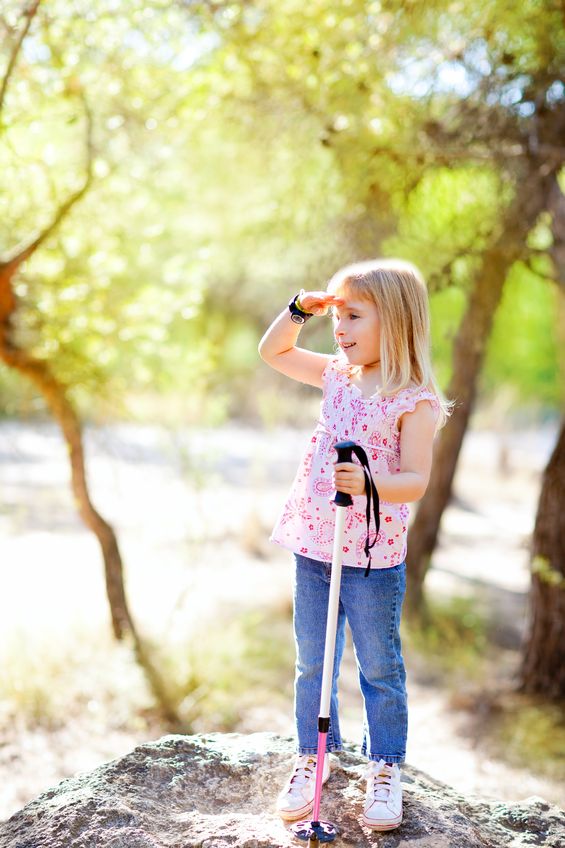
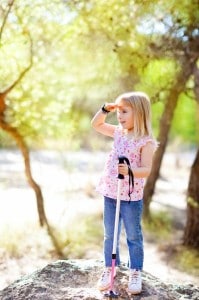 Exploring the great outdoors is definitely one of the highlights of childhood! Living in the shadow of majestic mountains and along the shore of two beautiful lakes, the opportunities to explore are boundless. So, get out and discover some of the family-friendly trails and hikes near you. Have fun and remember to bring plenty of water.
Exploring the great outdoors is definitely one of the highlights of childhood! Living in the shadow of majestic mountains and along the shore of two beautiful lakes, the opportunities to explore are boundless. So, get out and discover some of the family-friendly trails and hikes near you. Have fun and remember to bring plenty of water.
 Did you know that more than 24 million Americans suffer from seasonal allergies? The sneezing, the runny nose and those red, itchy eyes — they all can make you feel miserable. You don’t have to suffer through allergy season, though. Here are some simple steps that you can take to feel better:
Did you know that more than 24 million Americans suffer from seasonal allergies? The sneezing, the runny nose and those red, itchy eyes — they all can make you feel miserable. You don’t have to suffer through allergy season, though. Here are some simple steps that you can take to feel better: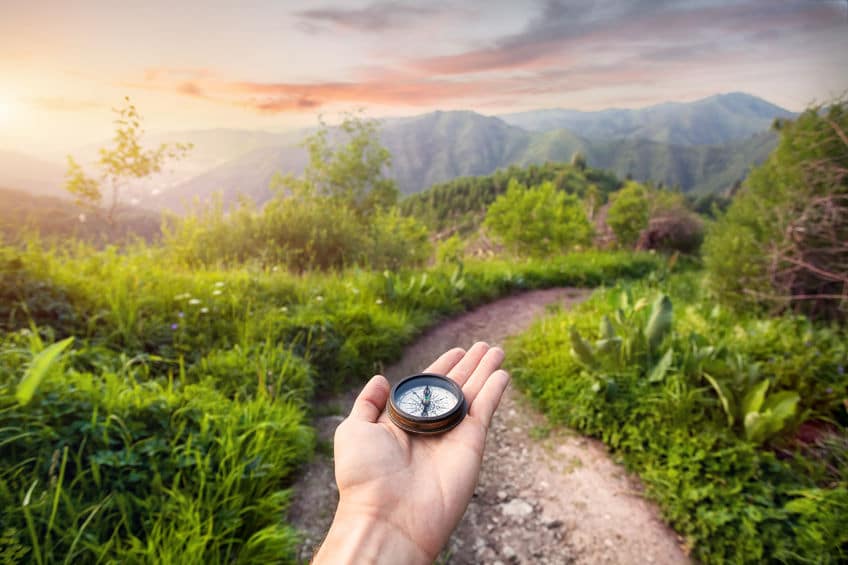
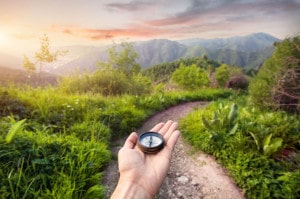 Looking for a great way to boost your health and well-being? Go take a hike! Hiking is a great exercise choice because you’ll reap the benefits of both physical activity (
Looking for a great way to boost your health and well-being? Go take a hike! Hiking is a great exercise choice because you’ll reap the benefits of both physical activity (


 Are you looking for ways to boost your immune system and protect yourself from getting sick? Here are some simple —yet highly effective — ways to stay healthy:
Are you looking for ways to boost your immune system and protect yourself from getting sick? Here are some simple —yet highly effective — ways to stay healthy: